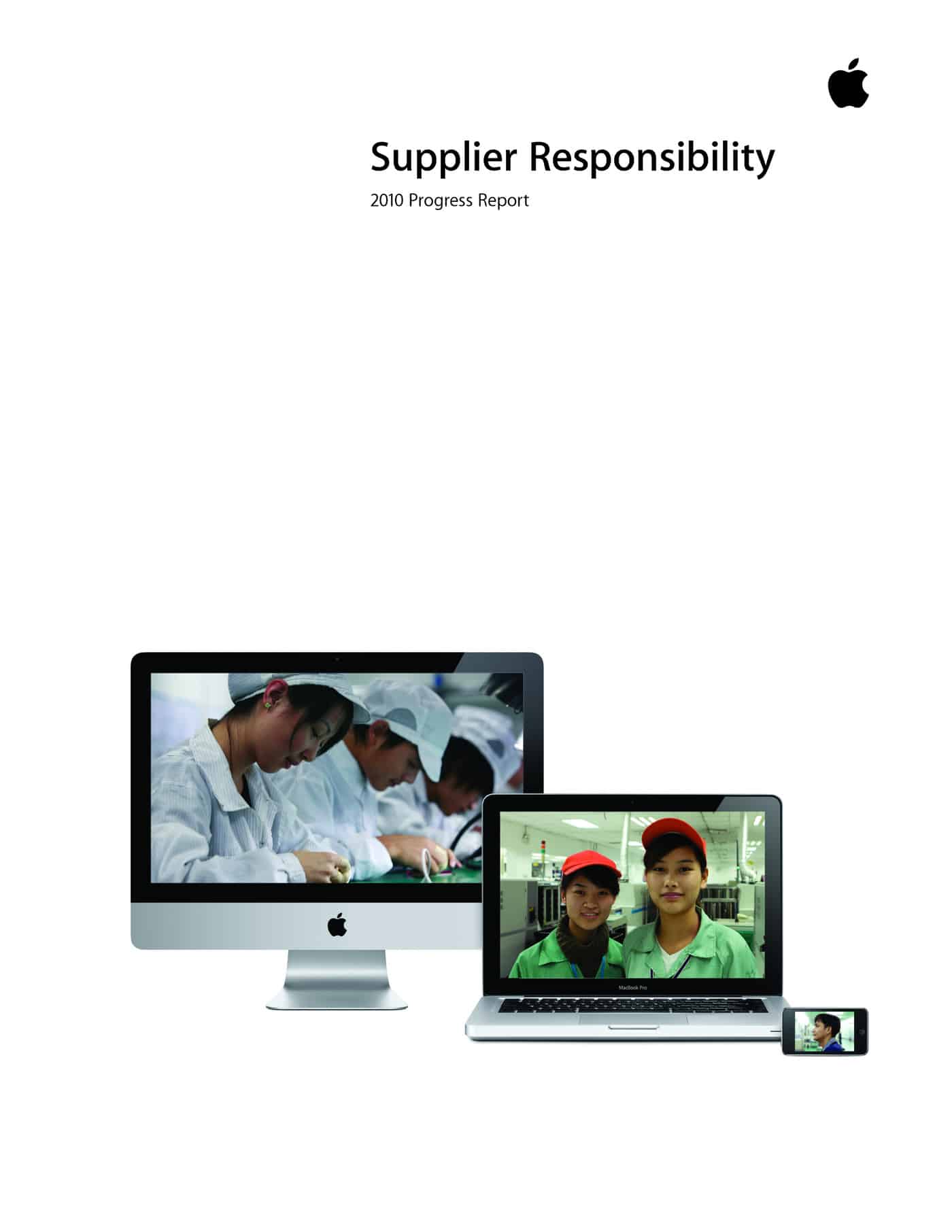 In July 22 2014 Dr. Dave Sharar, Managing Director of Chestnut Global Health, stated:
In July 22 2014 Dr. Dave Sharar, Managing Director of Chestnut Global Health, stated:
“Business leaders here and abroad are starting to understand the need for systematic, scientifically proven approaches in alleviating the behaviors and conditions that compromise employee performance. Managing the stress and the counterproductive behaviors that often result, is critical — but the key to success when engaging different populations in different parts of the world is to place these programs in a ‘culturally aware’ context, which lowers barriers and improves both engagement and outcomes.”
Most of the quote is inarguable and links the management of stress to the management of productivity. However what was intriguing was the later part of the quote about locating stress management programs in a culturally aware context in different parts of the world. SafetyAtWorkBlog established a quick dialogue with Dr Sharar about the quote. Below is the result.
A major element of Corporate Social Responsibility has been to try to apply a safety management system across many workplaces that is consistent with a uniform corporate program and values. How can one address the culturally attuned context while still addressing the core corporate safety values?

 Apple has addressed some child labour concerns in several Chinese factories that manufacturer its products – the good news. The bad news is that children were allowed to work in these factories in the first place.
Apple has addressed some child labour concerns in several Chinese factories that manufacturer its products – the good news. The bad news is that children were allowed to work in these factories in the first place.